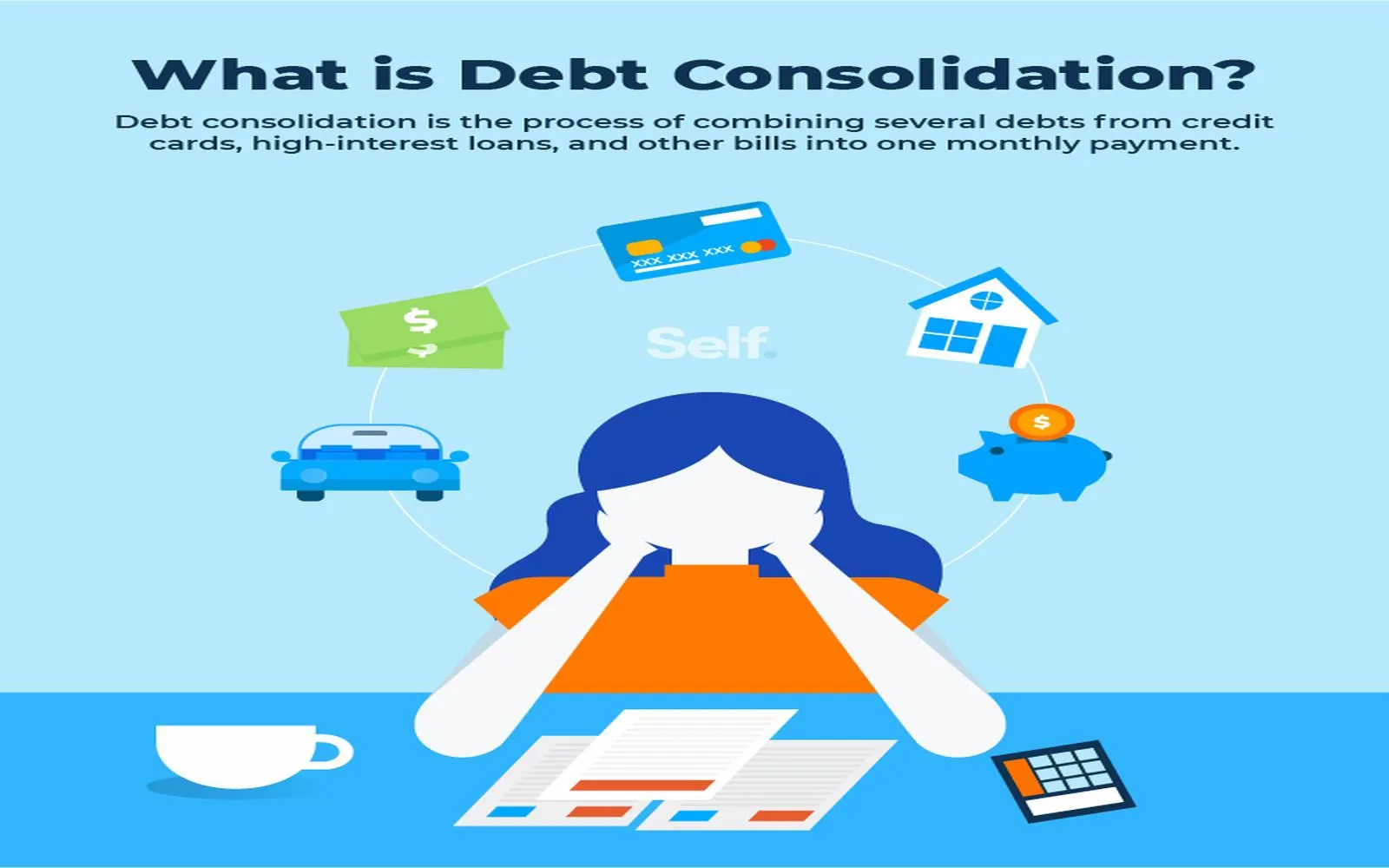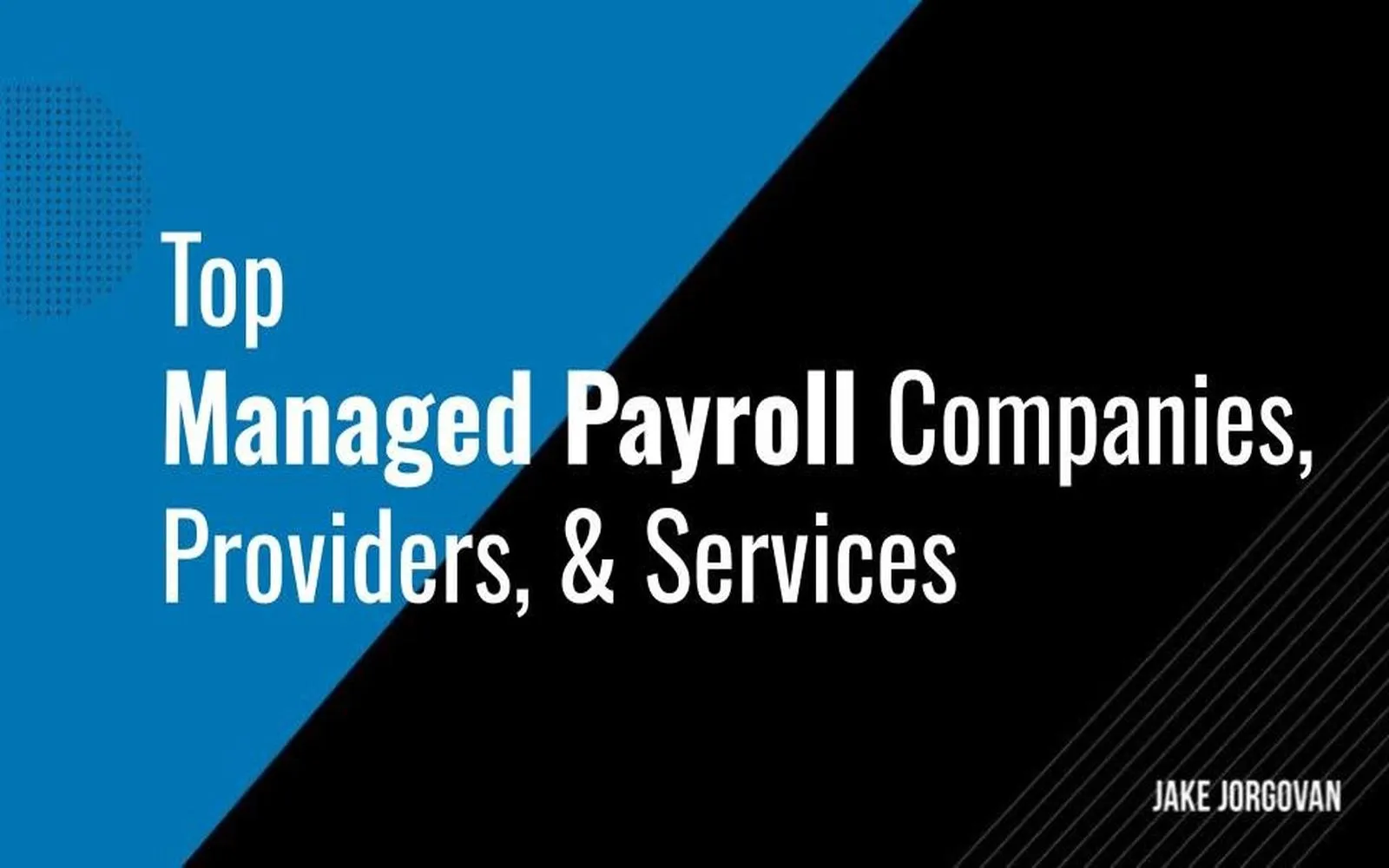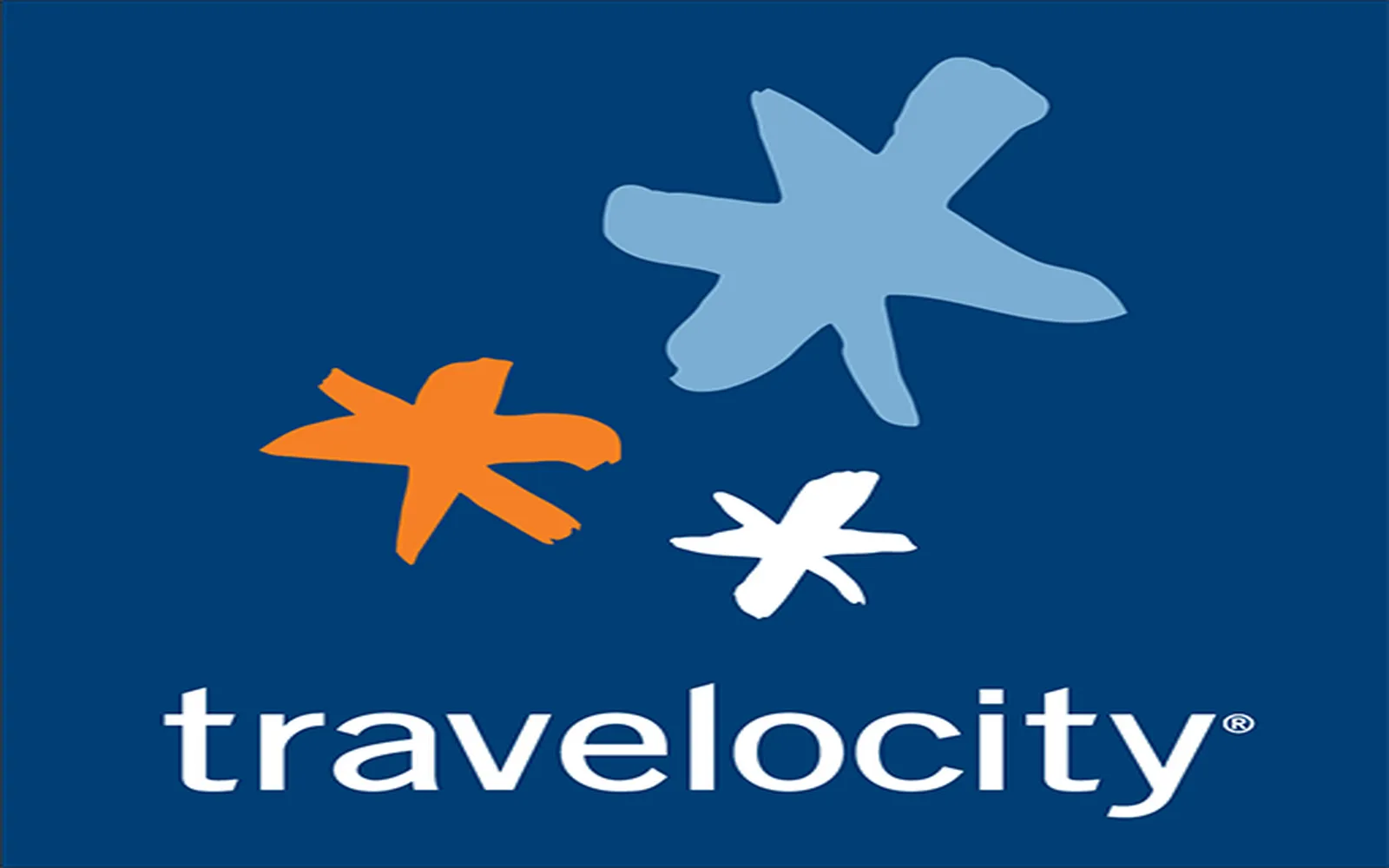Debt Consolidation Loans: Simplify Your Finances & Save
Understanding Debt Consolidation Loans
Debt consolidation loans have emerged as a popular financial tool for individuals seeking to manage multiple debts. These loans allow borrowers to combine various debts—such as credit card balances, personal loans, and medical bills—into a single loan with one monthly payment. This approach not only simplifies payments but can also lead to lower interest rates, reduced monthly payments, and a more organized financial life.
How Debt Consolidation Loans Work
At its core, a debt consolidation loan involves taking out a new loan to pay off existing debts. This new loan can be secured or unsecured, depending on the borrower's financial situation and creditworthiness. Secured loans require collateral, such as a home or car, while unsecured loans do not. The goal is to reduce the number of creditors and streamline payments, which can alleviate the stress associated with managing multiple obligations.
Types of Debt Consolidation Loans
There are several types of debt consolidation loans, each with its own set of advantages and disadvantages. Here, we explore the most common options:
1. Personal Loans
Personal loans are unsecured loans that can be used for various purposes, including debt consolidation. They generally come with fixed interest rates and terms, making them predictable and easy to manage. Borrowers can apply through banks, credit unions, or online lenders, and approval depends on creditworthiness and income.
2. Home Equity Loans
A home equity loan allows homeowners to borrow against the equity they have built in their property. This type of loan typically offers lower interest rates since it is secured by the home. However, it carries the risk of losing the home if payments are not made on time.
3. Balance Transfer Credit Cards
Balance transfer credit cards can be a viable option for consolidating credit card debt. These cards offer an introductory 0% APR for a set period, allowing borrowers to transfer existing balances and pay them off without accruing interest. However, once the promotional period ends, the interest rates can increase significantly, making it crucial to pay off the balance before that happens.
4. Debt Management Plans
While not a loan in the traditional sense, debt management plans (DMPs) can help consolidate debts. Through a DMP, a credit counseling agency negotiates lower interest rates and monthly payments with creditors on behalf of the borrower. The borrower then makes a single monthly payment to the counseling agency, which distributes the funds to creditors.
Benefits of Debt Consolidation Loans
Debt consolidation loans offer several benefits that can help borrowers regain control of their finances. Here are some of the most significant advantages:
1. Simplified Payments
One of the primary benefits of debt consolidation is the simplification of monthly payments. Instead of juggling multiple deadlines and amounts owed, borrowers can focus on a single payment, which reduces the likelihood of missing payments and incurring late fees.
2. Lower Interest Rates
Many borrowers find that they can secure a lower interest rate through debt consolidation, especially if they have excellent credit. This reduction in interest can translate into substantial savings over time, particularly for high-interest debts like credit cards.
3. Improved Credit Score
Debt consolidation can have a positive impact on credit scores, particularly if it leads to reduced credit utilization and the elimination of late payments. By improving the credit score, borrowers may qualify for better loan terms in the future.
4. Clearer Financial Goals
With multiple debts consolidated into one, borrowers can better visualize their financial situation and set achievable goals. This clarity can motivate individuals to stick to their repayment plans and achieve financial independence.
Potential Drawbacks of Debt Consolidation Loans
While debt consolidation loans offer numerous benefits, they are not without risks. It is essential to consider these potential drawbacks before deciding to consolidate:
1. Extended Loan Terms
In some cases, consolidating debts can lead to longer loan terms, which may result in paying more interest over the life of the loan. Borrowers should carefully evaluate the terms of the new loan to ensure it is truly beneficial.
2. Fees and Charges
Some debt consolidation loans come with origination fees or other associated costs. Borrowers must factor these fees into their decision-making process, as they can offset the potential savings from lower interest rates.
3. Risk of Increased Debt
Debt consolidation can sometimes lead to a false sense of financial security. If borrowers do not change their spending habits, they may accumulate new debts while still paying off the consolidated loan, leading to a cycle of debt.
4. Impact on Credit Score
While debt consolidation can improve credit scores, applying for new credit can temporarily lower scores due to hard inquiries. Additionally, closing old credit accounts can affect credit history length, which is a factor in credit scoring.
When to Consider Debt Consolidation Loans
Not every financial situation calls for debt consolidation. Here are some scenarios where it may be appropriate:
1. High-Interest Debt
If you are struggling with high-interest debts, such as credit card balances, consolidating into a lower-interest loan can lead to significant savings and a more manageable repayment plan.
2. Multiple Debts
Individuals juggling multiple debts might benefit from consolidation to streamline their finances. If you find it challenging to keep track of various payments and due dates, a consolidation loan can provide clarity.
3. Credit Score Improvement
If your credit score has improved since you initially took on debt, you may qualify for better loan terms through consolidation. This can help you save money while paying off your debts faster.
4. Steady Income
Having a stable income is crucial when considering debt consolidation. Ensure you can commit to the new monthly payment before proceeding, as missing payments can lead to further financial difficulties.
Steps to Take Before Getting a Debt Consolidation Loan
Before proceeding with a debt consolidation loan, it’s essential to take several preparatory steps:
1. Assess Your Financial Situation
Start by evaluating your total debt, income, and expenses. Understanding your financial landscape will help you determine whether consolidation is the right choice.
2. Check Your Credit Score
Your credit score plays a significant role in determining the interest rates and terms of a consolidation loan. Obtain a copy of your credit report and review it for accuracy. If your score is low, consider taking steps to improve it before applying.
3. Research Lenders
Not all lenders offer the same terms and conditions for debt consolidation loans. Research various options, including traditional banks, credit unions, and online lenders, to find the best fit for your needs.
4. Compare Loan Terms
When evaluating different loan offers, pay attention to interest rates, fees, repayment terms, and potential penalties for late payments. This comparison will help ensure you choose the most advantageous option.
Tips for Successful Debt Consolidation
Once you have secured a debt consolidation loan, following these tips can help ensure a successful outcome:
1. Create a Budget
Developing a budget is crucial for managing your finances post-consolidation. Outline your monthly income, fixed expenses, and the new loan payment to ensure you stay on track.
2. Make Payments on Time
Timely payments are essential for maintaining a good credit score and avoiding fees. Set up automatic payments or reminders to ensure you never miss a due date.
3. Avoid Accumulating New Debt
One of the key reasons people struggle with debt is the tendency to continue borrowing. After consolidating, resist the urge to accumulate new debts. Focus on living within your means and building a savings cushion.
4. Monitor Your Credit
Keep an eye on your credit score and report over time. Monitoring your credit can help you understand how debt consolidation is affecting your credit and allow you to catch any inaccuracies early.
Conclusion
Debt consolidation loans can be a powerful tool for individuals seeking to simplify their finances and regain control over their financial lives. By understanding the various types of loans, their benefits and drawbacks, and the steps to take before applying, borrowers can make informed decisions that lead to lasting financial relief. Whether you're struggling with high-interest debts or simply looking to streamline your payments, debt consolidation may provide the solution you need to achieve your financial goals.
Explore

Personal Loans for Debt Consolidation

Best Payroll Companies to Simplify Your Business Operations

Unbeatable Travel Deals: Save Big with Travelocity's Latest Offers!

Get Instant Travel Insurance Quotes: Compare Plans & Save Today!

Unlocking Financial Freedom: Your Guide to Tax Debt Relief Solutions

Comprehensive Guide to Student Loan Assistance Options: Find the Right Help for Your Education Debt

How a Financial Advisor Can Help You Break Free from Debt

Unlocking Your Future: A Comprehensive Guide to Navigating Private Student Loans
